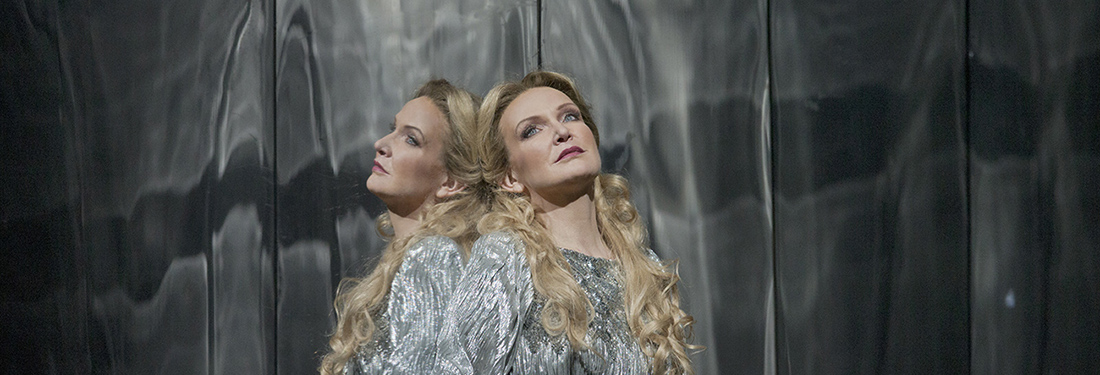
Winthrop Sargeant in New Yorker:
Despite forebodings in some minds, including mine, that our leading Brünnhilde might not make the ideal Salome, Birgit Nilsson’s appearance in the title role of Richard Strauss’s shocker at the Metropolitan on Wednesday evening of last week was a total triumph. I have never heard the role so magnificently sung. What surprised me, though, was that I have seldom seen it so magnificently acted. With canny theatrical craftsmanship, Miss Nilsson did all the right things. She encased herself in a black leotard and put on a rather flamboyant black wig that minimized the natural squareness of her face. Actually, she looked quite seductive, in a sultry way, and the manner in which she moved about the stage was always graceful. As for the famous Dance of the Seven Veils, it was done as tastefully and convincingly as circumstances permitted. After all, how many full-voiced dramatic sopranos heave really brought off this dance in such a way as to give the illusion of teen-age agility?
Carefully coached by Alicia Markova, she limited herself to a few bodily twists and shakes, a little rolling on the floor, and a certain amount of waving of two or three, rather than seven, veils. There was not strip-tease effect. During this dance, she had on a black gown, which revealed only the sides of her legs, and she wound up as fully dressed as she started. Nevertheless, there was the distinct illusion that she was bent on seducing Herod and that she had the allure to do it. Maybe clothes make the woman, after all. Preceding and following the dance, the Nilsson voice rang through the auditorium like a thrust of steel, piercing Strauss’s heavy orchestration with an ease that was almost casual, except at points like those moments of quiet ecstasy when she was crooning over the head on the platter.
This was a great “Salome” in other respects too. Karl Böhm, in the orchestra pit, brought out and clarified every detail of the score in a way that what often sounds muddy and incoherent became beautiful. Karl Liebl was one of the most impressive Herods I have encountered. Irene Dalis, as Herodias, acted a bit like a Westchester housewife but sang well. I have heard louder Jochannans that William Dooley, but his singing had subtlety and style. John Alexander was about as fine a Narraboth as you will ever come across, and the minor roles were all well taken.
The production was entirely new, and its scenery, by Rudolf Heinrich, looked like something spewed up by a volcano. An iridescent moon, which appeared to be in the last stages of decay, changed color from time to time (as it should, according to the libretto) but set just a mite too soon. Costumes were generally lavish and suitable, though Mr. Dooley’s, which was made largely of ropes, suggested that he had recently undergone a collision with a tugboat. The head on the platter was a perfect portrait likeness of Mr. Dooley, and it was left uncovered during Salome’s final love scene with it, producing at least an air of plain, honest necrophilia. Just before the curtain, Salome was stabbed by Herod’s soldiers, instead of being crushed under their shields, as is the tradition. “Salome” is always horrible, but this performance was one that so benumbed the mind with the beauty of the music that horror became almost incidental.
Born on this day in 1887 poet and expatriate Gertrude Stein.
Birthday anniversaries of composers Giovanni Perluigi da Palestrina (1525), Jakob Ludwig Felix Mendelssohn Bartholdy (1809) and Luigi Dallapiccola (1904) and soprano Claire Watson (1927).
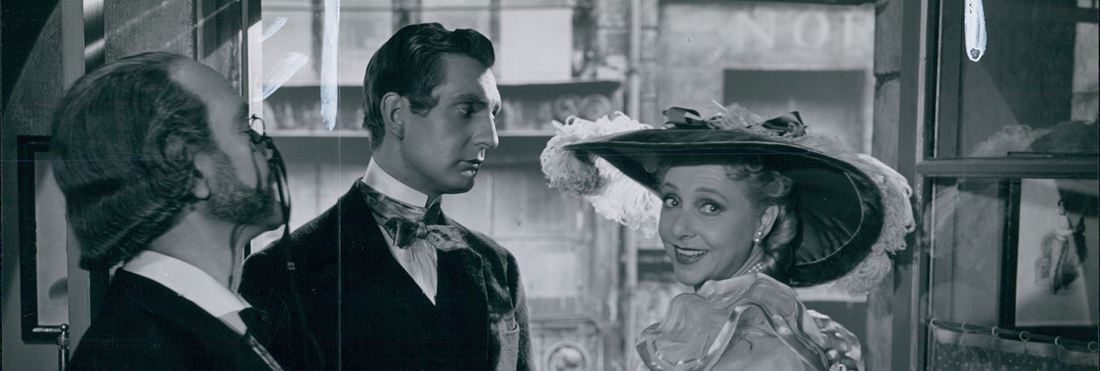
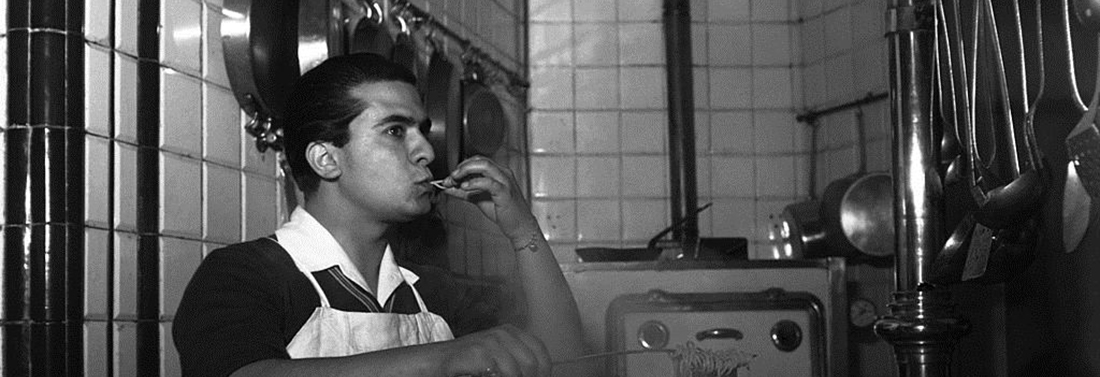
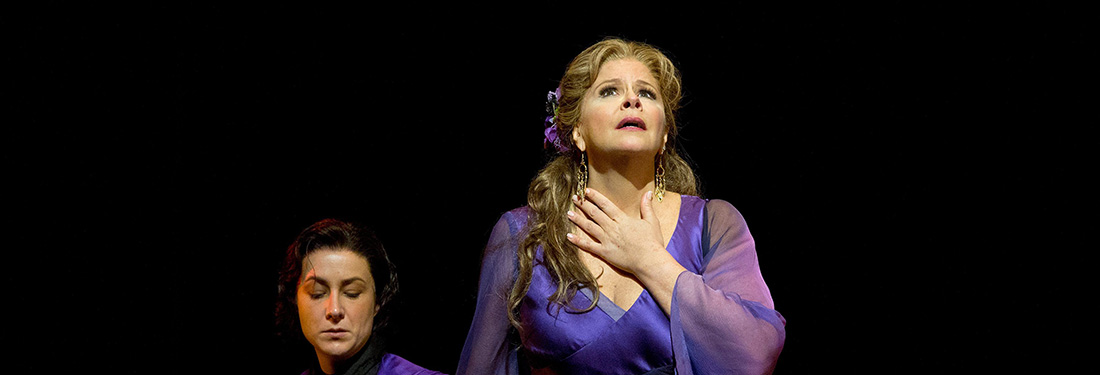
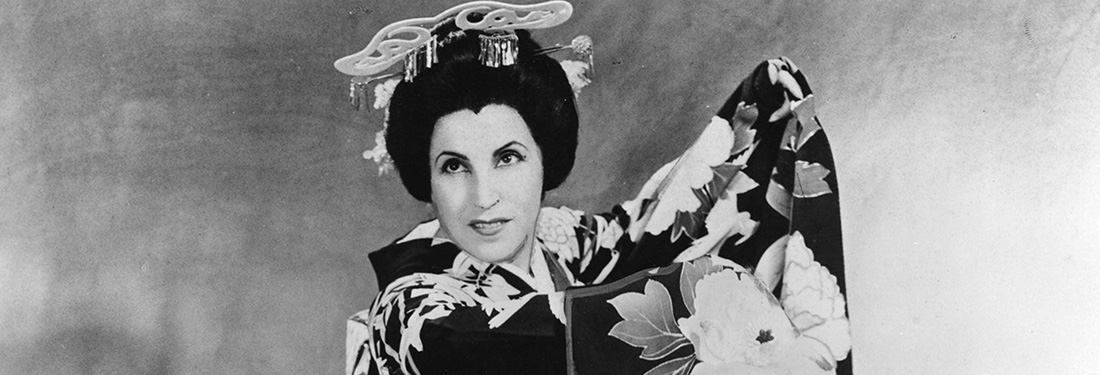
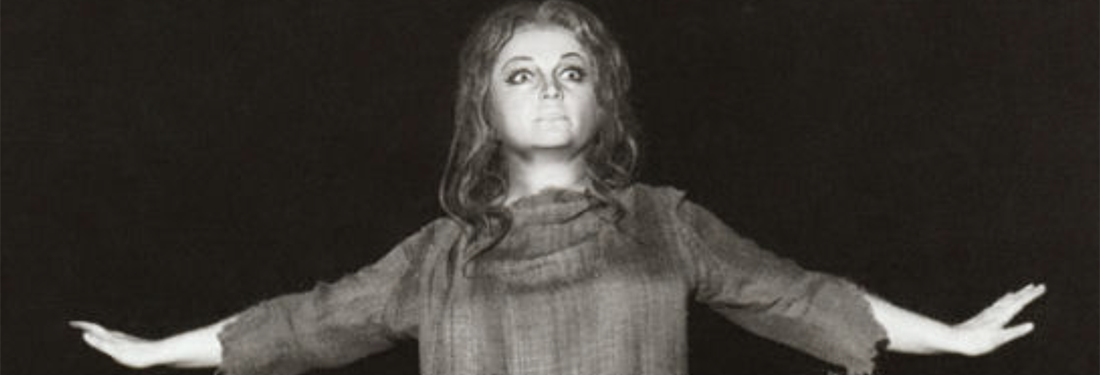
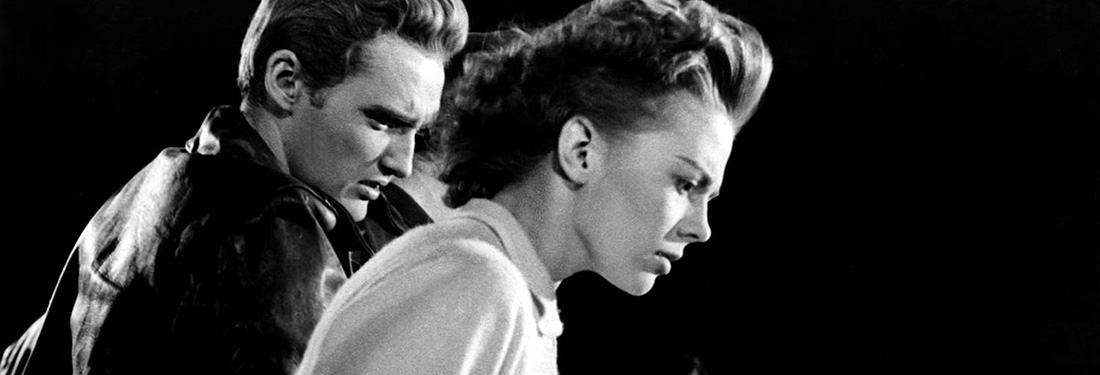
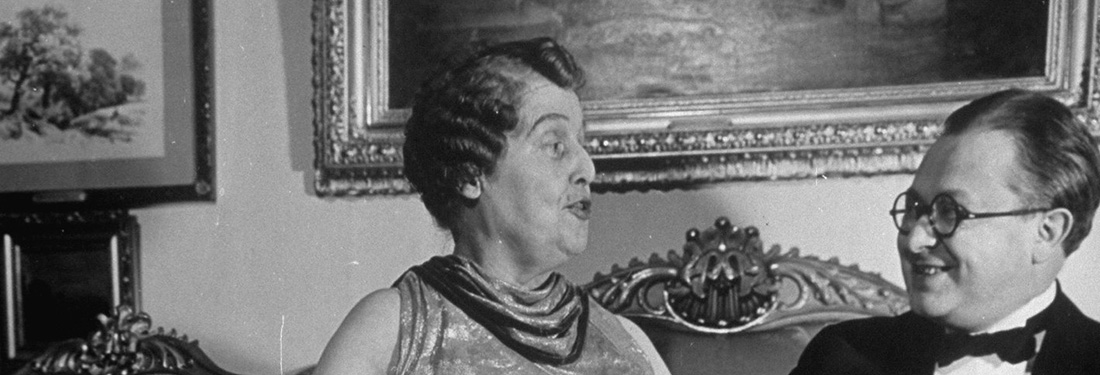
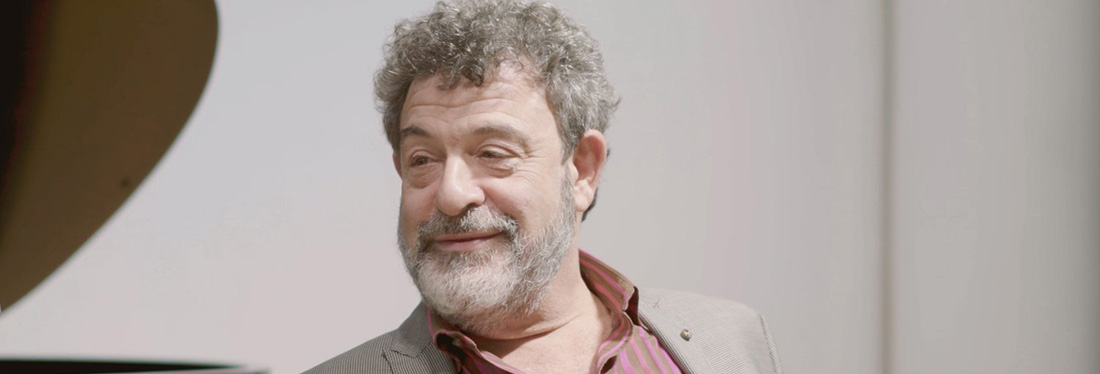
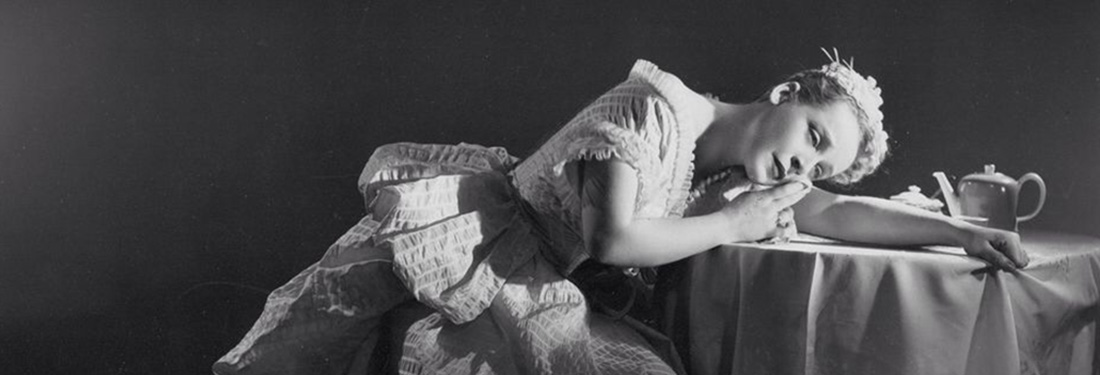
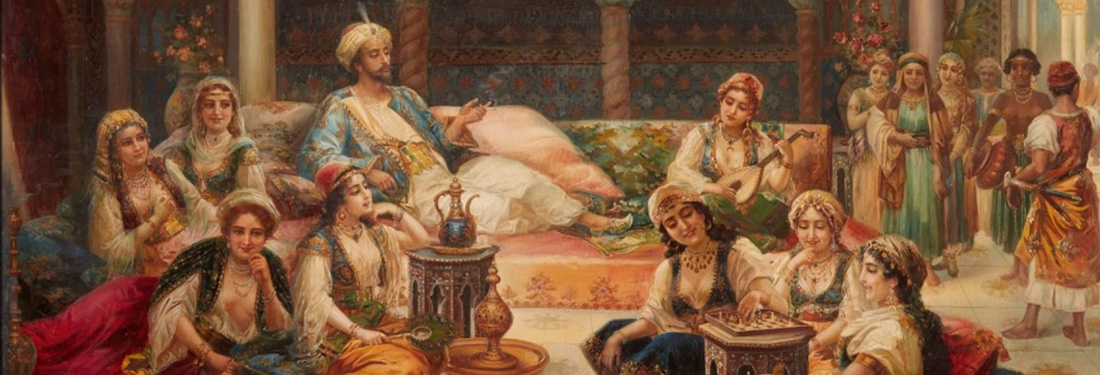
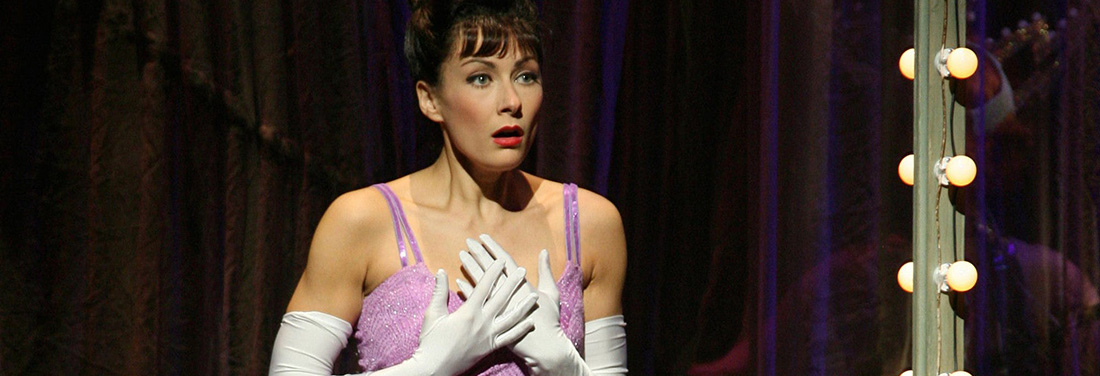
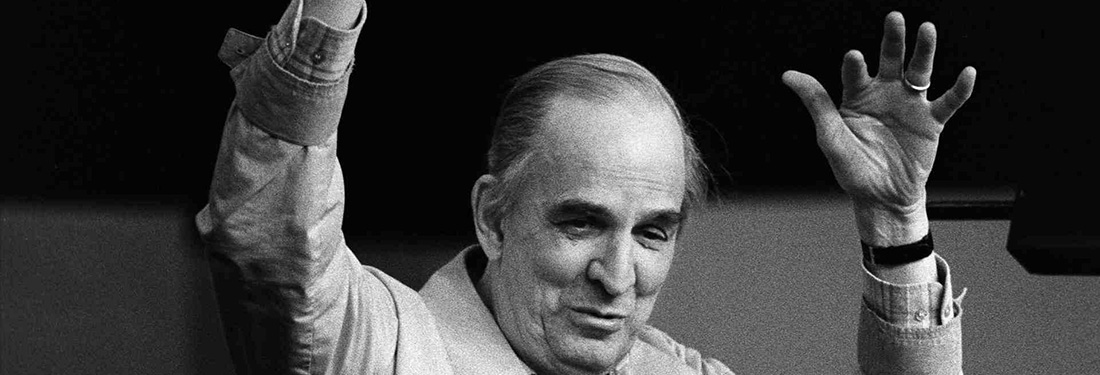
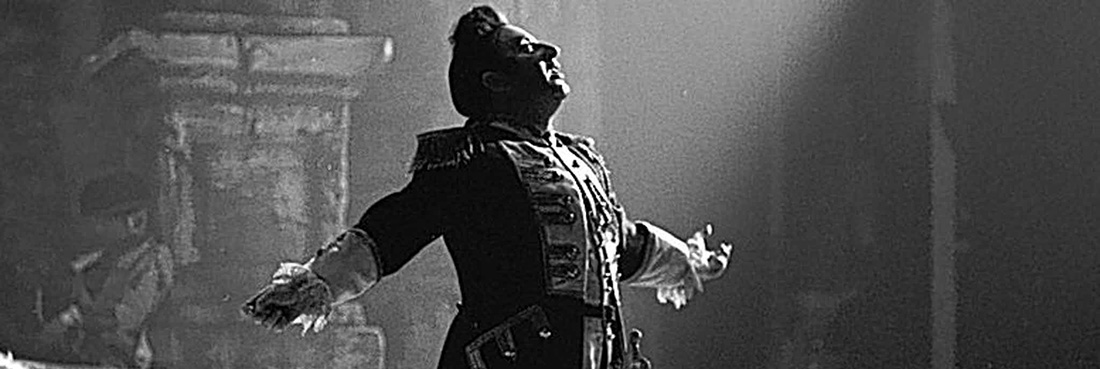
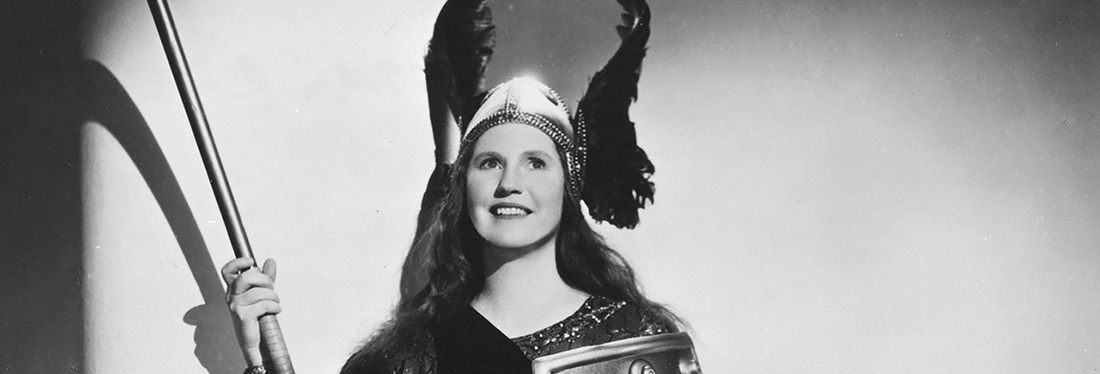






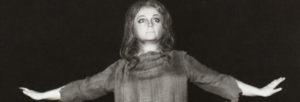




Comments